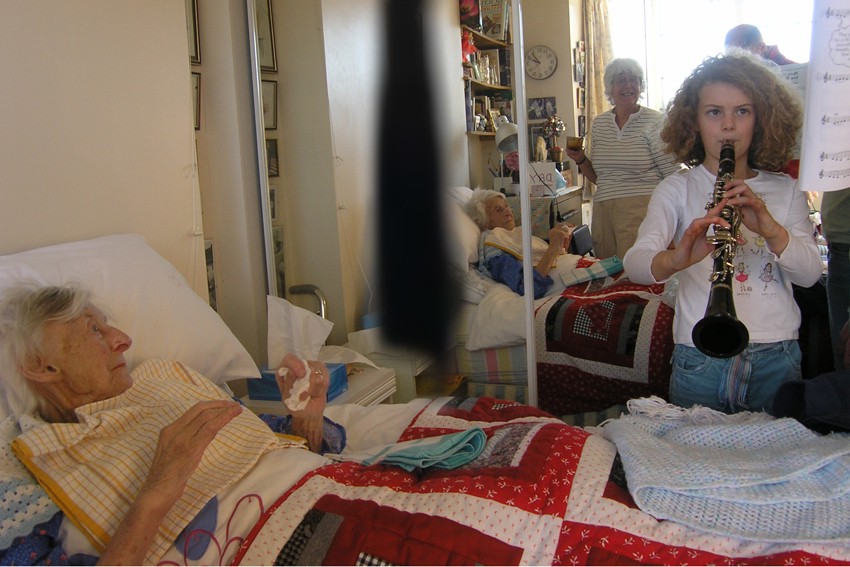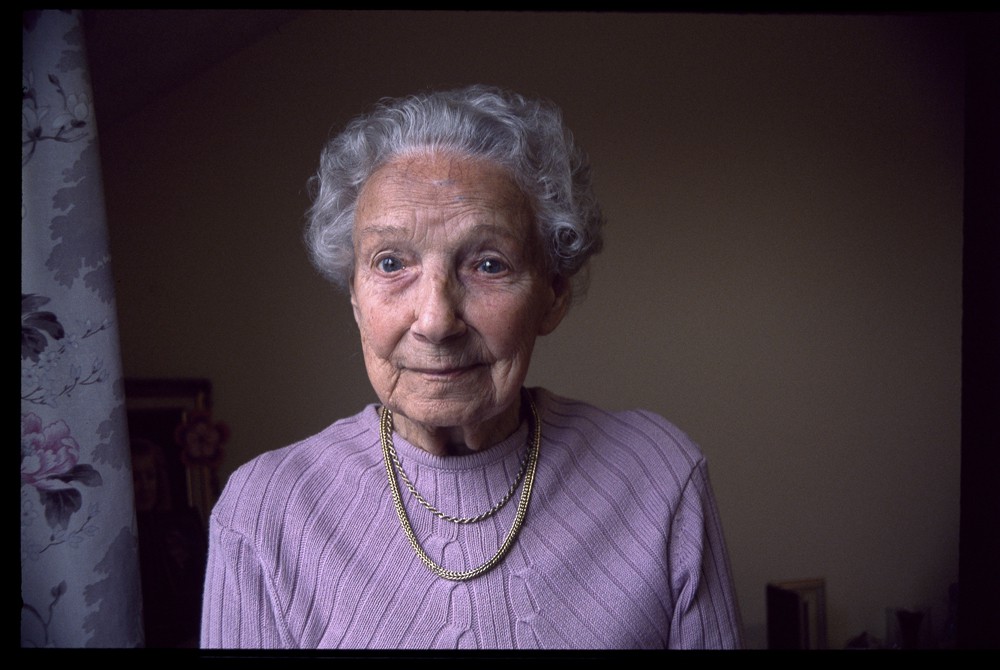Whilst studying my A-level photography with Francis as my course tutor, we explored how many photographers conceptualised their own lives through the lens of a camera. From Bill Viola’s Nantes Triptych, to the work of Cindy Sherman, Bill Henson and Richard Billingham, each artist engaging with their own identity or passage through time and humanity by capturing their reflections and imprints on film. Yet, whilst this study may have lead to my longstanding appreciation for the work of these artists, there is only one image from the course that resonates with me and reflects the exercise at the heart of Chris’ article.
The piece details a potential visualisation task, designed for use in classroom to help post-16 students formulate an understanding of their own relationships with the photographic image.
Photographs do not only show something to us; they do something to us: A photograph challenges the viewer to consider the past in relation to their present, and in doing so can shape motivations, ideas and hopes for the future.
When I imagine my own collection, swaying in the breeze, I’d like to include images of others and by others that impacted me. The first, an image I saw during that photography class in 2006.
‘Mr. Francis’ had been trying to encourage the half-dozen of us in his class to take images every day — insisting that this practice would help hone our visual literacy (or moreover, pad our sketchbooks) — and I guess he thought it would be a good idea to use himself as an example of what might be good practice in this exercise. We sat around the screen in the art room as he flicked through a slideshow of images; breakfast, journeys, time with his daughter and then an image of a small, fragile woman laying amongst a mound of soft sheets.
Five years ago, my own great-Grandmother passed away after a very gruelling five months in hospital and a two week stint in a nursing home where she left us on the morning of April 1st (she had a wicked sense of humour). She had always been this incredible influence in my family — a true matriarch, whether you agreed with her or not — and I spent the majority of my adolescent years coming home to find her there, having cycled down a 60mph road in spite all logical protests regarding her safety. She was stubborn, determined and deeply caring; often beyond her own means or welfare.
As I progressed through my photography course, I kept turning my camera to my Nan. I built a folio of portraits of her. Writing this now I’m not sure why I started, why I collected images of her. I wonder whether studying photography and the poignance of how it can immortalise people, moments and memories drove me to focus on the fragility of my, then, rather senile grandmother.
As the morning drew to a close, the nurses brought us a tray of tea and my Grandfather, her son, stood up to pour himself a cup. I remember thinking about how small Nan looked in the bed, propped and mounted on pillows and that there was so much love for her in the room that maybe it would be OK for her to leave us now. As Granddad stepped in front of my seated view, I pulled out the camera on my phone and photographed the scene: an obscured portrait.
I had forgotten about the lessons I’d learnt in school, about the time when my art teacher shared with us his own, frail, grandmother in bed, surrounded by family. Looking back at the image now, at my own washing line of photographs, I find I’m still learning, still understanding and reinterpreting what I’ve seen, making connections to other images on the line.
Chris has put this far more eloquently than I ever could:
Memories, hopes, and fears can swell and circulate around a photograph. Each suspended moment has the potential to take on new meaning as time passes, reframing and re-contextualising as it goes.



 RSS Feed
RSS Feed